|
|
|
|
The coronavirus is hitting Mexico hard, particularly Mexico City. Because of the notoriously bad air quality in Mexico’s arid and polluted capital, residents have high rates of respiratory and cardiovascular illness, making them vulnerable to severe COVID-19. But Mexico City wasn’t always an ecological and health disaster. In the Aztec era, it was a “shining city on a lake, crisscrossed by engineering marvels like causeways and removable bridges, and full of splendid palaces,” writes the University of Memphis scholar Elena Delavega.
Researchers around the world are working hard to understand SARS-CoV-2, the virus that causes COVID-19. Thousands of treatment trials and dozens of vaccine development studies have been initiated. This includes a vaccine study in South Africa. But does this mean people in developing countries will get fair and equal access to any vaccine or treatment that is found one day? Hailay Abrha Gesesew explains why he is not upbeat about the
prospect. Another development is that the World Health Organisation has laid out a “roadmap” of research priorities. Moses Alobo lays out which of
these priorities African scientists have highlighted as being especially important.
|
Catesby Holmes
Religion Editor | International Editor
|

|
|
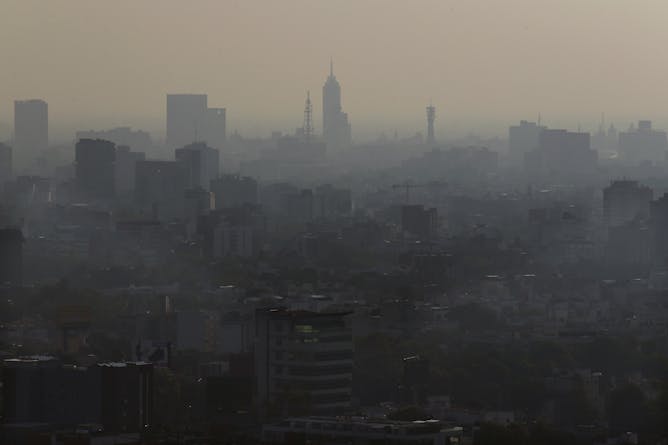
Situated on a plateau and surrounded by mountains, Mexico City is a bowl that traps smog and dust.
AP Photo/Marco Ugarte
Elena Delavega, University of Memphis
The Aztecs had a shining city on a lake, with canals, causeways and aqueducts – until the Spanish came. Mexico City is still suffering the consequences of their bad public health decisions.
|
|
|
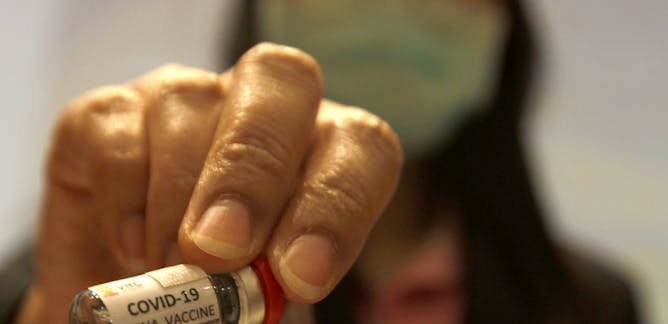
Hailay Gesesew, Flinders University
History shows that treatments and vaccines have been accessible to African countries only after the loss of millions of lives and typically years - sometimes decades - after developed nations.
| |
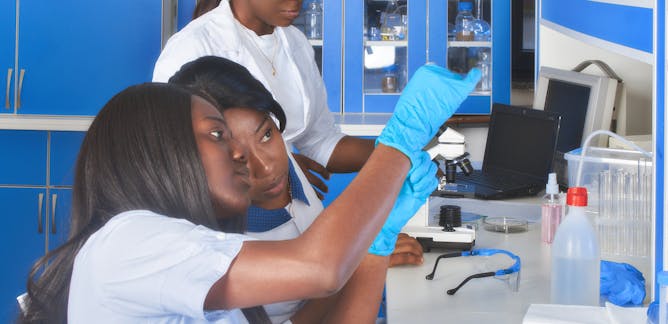
Moses Alobo, African Academy of Sciences
Some of the priorities were drawn from the World Health Organisation's Roadmap; others were expressed by researchers in and from Africa as being important to the continent's many contexts.
|
|
|
Politics + Society
|
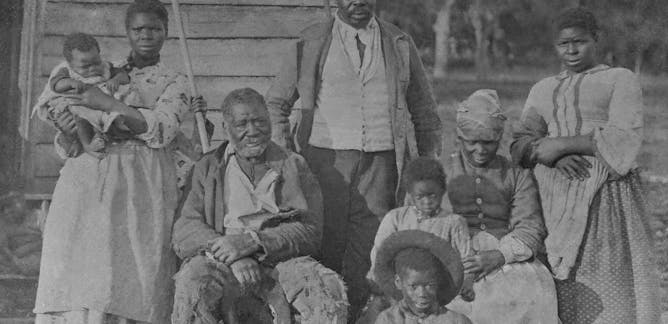
Daina Ramey Berry, University of Texas at Austin
On Juneteenth, the day that commemorates the ending of slavery in the US, a historian dispels myths about the 'peculiar institution' of slavery.
| |
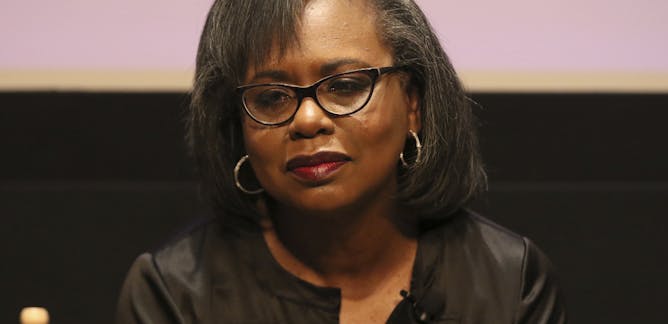
Jennifer M. Gómez, Wayne State University
Sexual abuse has unique effects on people who are members of the same minority group, research suggests. An expert who has studied the issue in detail explains the added issue of cultural betrayal.
|
|
|
Environment + Energy
|
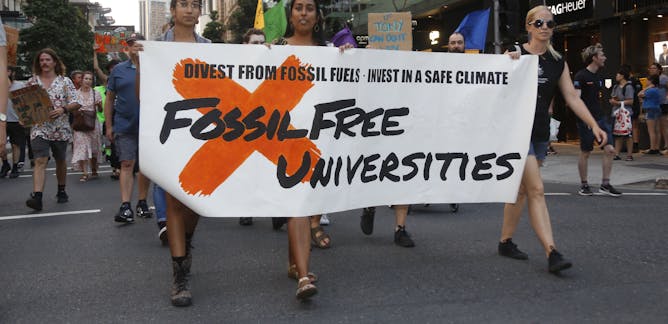
Adrian R. Bell, University of Reading; Chris Brooks, University of Reading
Investors who care about the environment are better off holding shares in and exercising their influence over fossil fuel companies.
| |
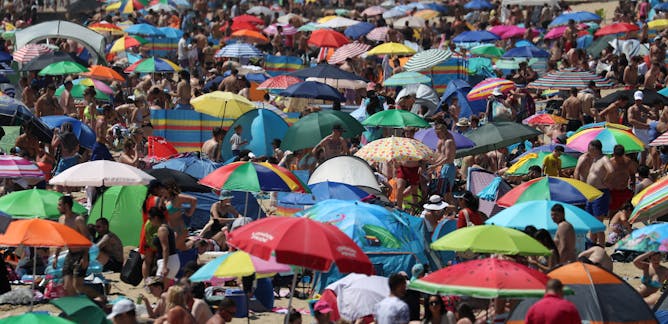
Lisa Baldini, Teesside University
A new study lays bare the average summer heat people in the UK can expect by century's end.
|
|
|
COVID-19
|
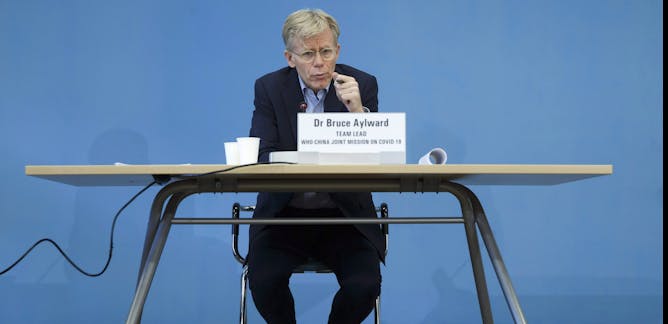
Gabriel Blouin-Genest, Université de Sherbrooke ; Anna Bogic, L’Université d’Ottawa/University of Ottawa; Éric Champagne, L’Université d’Ottawa/University of Ottawa; Natalia Torres Orozco, Université de Sherbrooke ; Nathalie Burlone, L’Université d’Ottawa/University of Ottawa
The World Health Organization’s handling of communication around COVID-19 included ambiguous messaging that created confusion.
| |
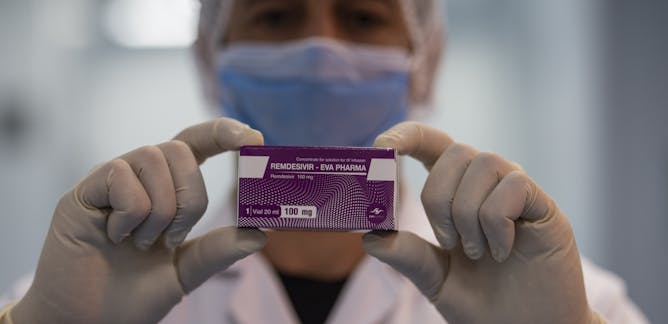
Graham Dutfield, University of Leeds
Treatment nationalism is a threat to us all.
|
|
|
En Français
|

Daphné Lemasquerier, Aix-Marseille Université (AMU); Benjamin Favier, Aix-Marseille Université (AMU); Michael Le Bars, IMéRA
À l’aide de jacuzzi et autres tapis roulants, des chercheurs reproduisent en laboratoire les phénomènes complexes de l’atmosphère de Jupiter pour comprendre ce qu’on n’arrive pas à mesurer dans l’espace.
| |
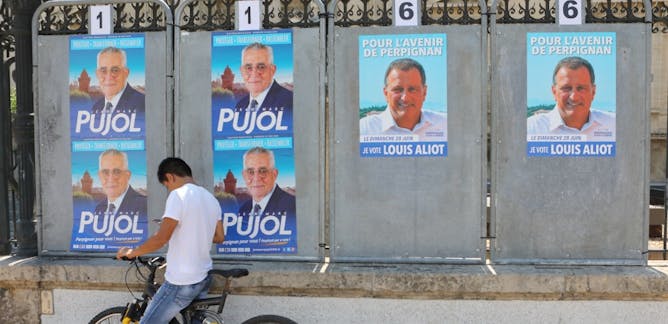
Nicolas Lebourg, Université de Montpellier
Le vote RN ne s’est pas construit dans les quartiers populaires mais autour d’eux, avec des sommets dans des zones aisées.
|
|
|
En español
|
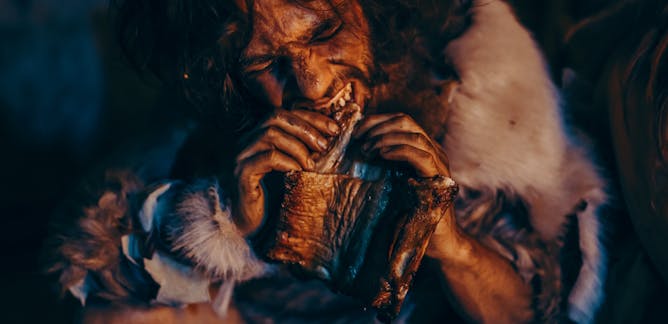
Paul Palmqvist Barrena, Universidad de Málaga
Hay argumentos biológicos para afirmar que una dieta exclusivamente vegana no solo resulta antinatural en nuestra especie, sino que hay razones fisiológicas de peso que la desaconsejan.
| |

David Barrado Navascués, Centro de Astrobiología (INTA-CSIC)
La exploración espacial es una de las grandes epopeyas de la Humanidad. En cualquier caso, el impacto económico por pérdida de satélites y por reentradas incontroladas está siempre presente.
|
|
|
| |
| |
| |
| |
| |
| |
|
|
|
|
|
|
|